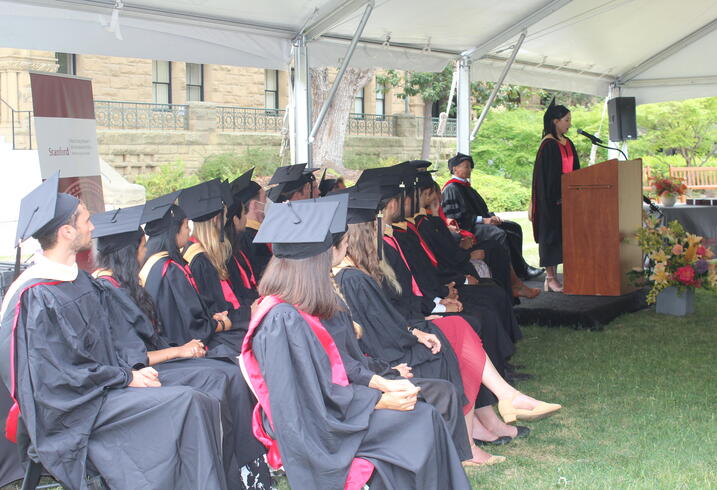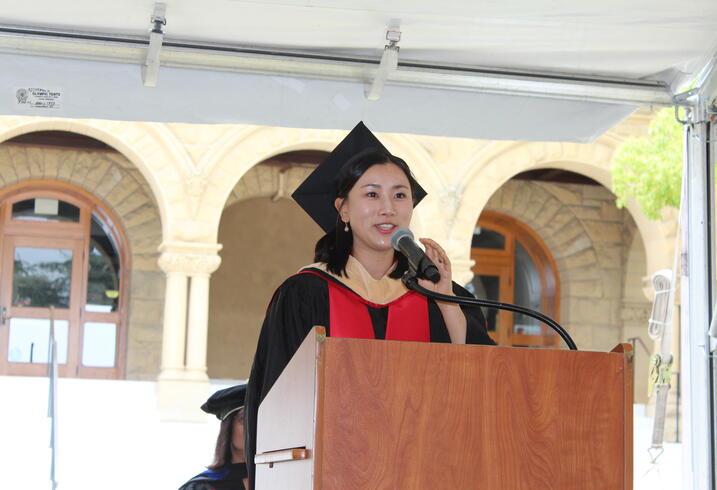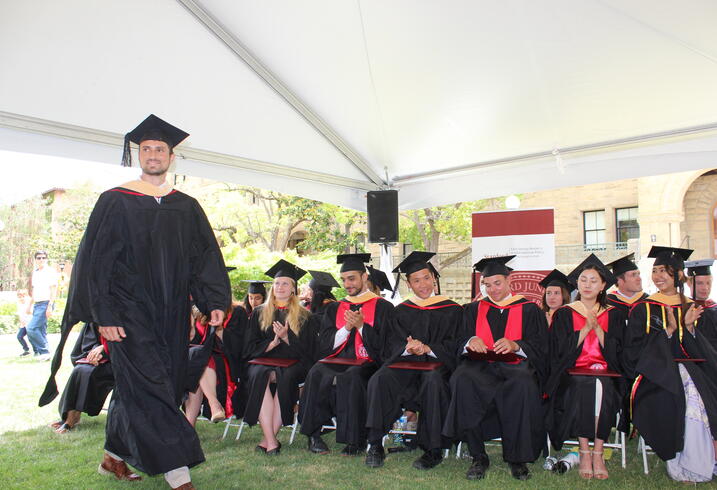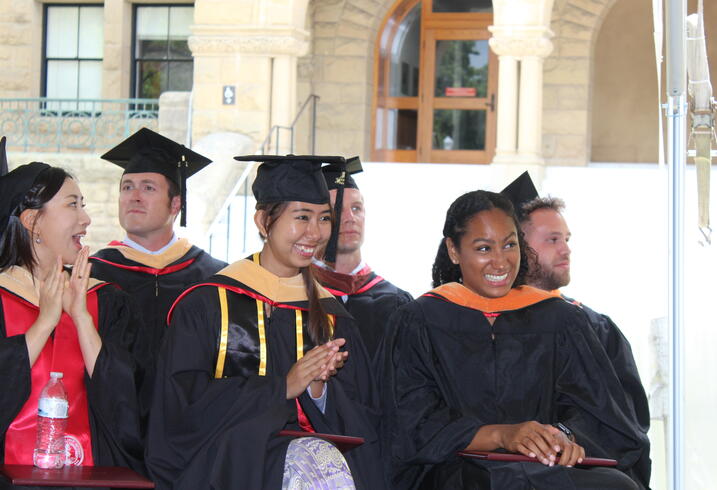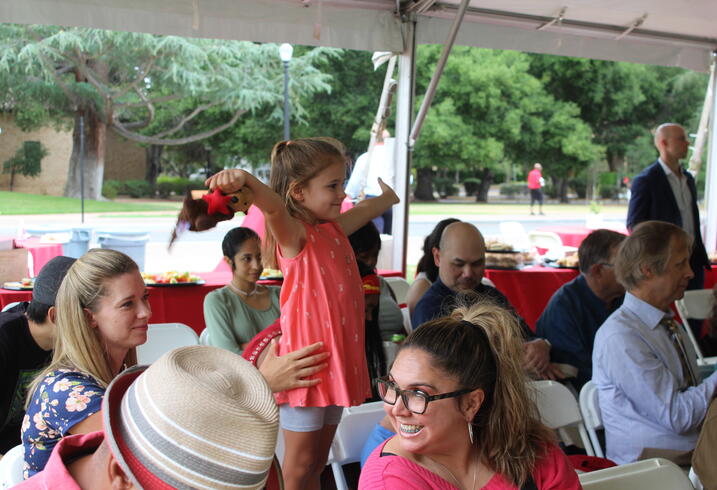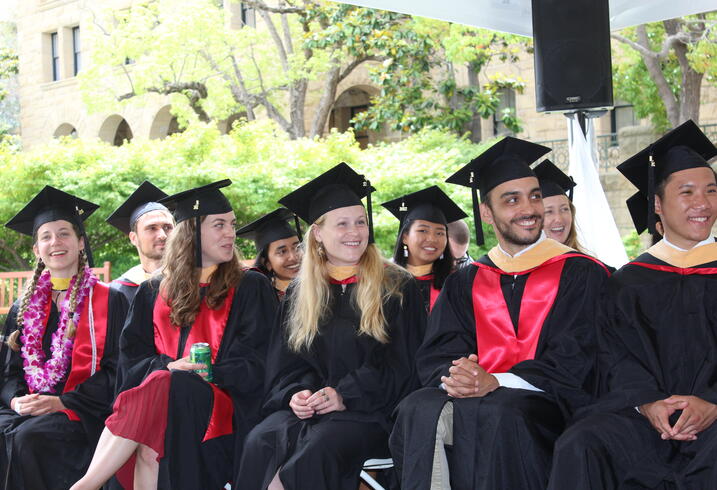Navigating the Future of AI: Insights from the Second Meta Community Forum
The Stanford Deliberative Democracy Lab, housed within the Center on Democracy, Development and the Rule of Law (CDDRL) at the Freeman Spogli Institute for International Studies (FSI), in collaboration with Meta and the Behavioral Insights Team, has unveiled the results of the Meta Community Forum on Generative AI, based on the method of Deliberative Polling®. This groundbreaking event, part of a series of efforts by Meta to consult the public, engaged 1,545 participants in scientific samples from Brazil, Germany, Spain, and the United States. In each country, it offered the public’s views, both before and after deliberation, about future directions for the development of AI chatbots and how they should interact with humans.
“AI poses novel challenges, and these four national experiments revealed the public’s considered judgments about what it should — or should not — be able to use it for. National samples grappled with the pros and cons of each proposal and had their questions answered by panels of competing experts. This report shows what they concluded,” said James Fishkin, Senior Fellow at FSI and Director of the Stanford Deliberative Democracy Lab.
Much of the agenda focused on specific proposals answering ten basic questions, including:
- Which sources should AI chatbots draw information from?
- Should AI chatbots use the user’s past conversations to improve user experience?
- Should AI chatbots use the user’s online activity to personalize interactions?
- Should AI chatbots be designed to be human-like?
- Should users be allowed to use AI chatbots for romantic relationships?
The deliberators in each country were convened on the Stanford Online Deliberation Platform, developed by the Stanford Crowdsourced Democracy Team. This platform is AI-assisted and moderates video-based discussions in small groups of ten.
Participants noted a generally positive impact of AI, with an increase in positive perceptions post-forum. "This shift in viewpoint, especially notable among those previously unfamiliar with AI, underscores the value of informed discussion in shaping public opinion," remarked Alice Siu, Senior Research Scholar at FSI and Associate Director of the Stanford Deliberative Democracy Lab.
The forum's methodical approach, with deliberations in 166 small groups and a separate control group for each country, ensured that the outcomes accurately reflected the effects of the deliberative process. Findings indicated that users and non-users of AI began to bridge their differences, aligning closer in their attitudes towards AI after the forum.
Siu also emphasized the significance of the event’s feedback, noting that "the high ratings from participants affirm the forum’s success in making complex discussions accessible and relevant. It is an encouraging sign for the future of democratic engagement with technology."
The Stanford Deliberative Democracy Lab is dedicated to deepening our understanding of deliberative democracy processes and their application to critical contemporary issues like AI. The insights from this forum will inform ongoing research and policy recommendations, ensuring that AI evolves in a manner that considers diverse values and voices across the globe.
The project report is available below:
For detailed information on the forum’s conclusions or forthcoming projects, please reach out to James Fishkin (Director, Stanford Deliberative Democracy Lab) or Alice Siu (Associate Director, Stanford Deliberative Democracy Lab) or visit the Deliberative Democracy Lab website.
Read More
A multinational Deliberative Poll unveils the global public's nuanced views on AI chatbots and their integration into society.







